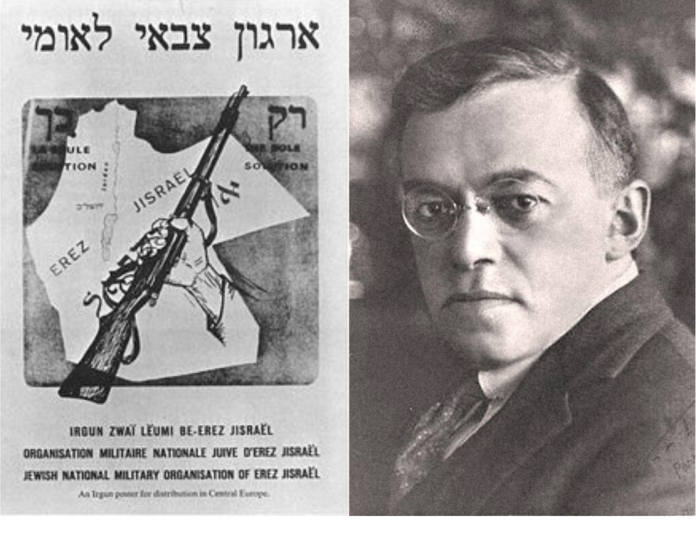Radiance News
New Delhi, October 27: In a searing opinion piece in The Indian Express yesterday, Mani Shankar Aiyar, former Union Minister, has contributed one crucial piece of journalism in the current narrative around the Israeli onslaught and genocidal offensive against Palestine in Gaza.
It is ironic, he argues, that “Israel is calling on the world to condemn Hamas terrorism when Zionist terrorism, involving several future Prime Ministers of Israel, was at the heart of the Zionist movement from at least the early 1940s.”
“Not only did the Zionists have armed gangs, some members of whom became Prime Ministers of Israel later, like Menachem Begin, but they also excelled in terrorism, sabotage and assassinations. An organisation called Palmach which comprised the “crack forces” of Haganah, the official wing of the Zionist forces nurtured future Israeli PMs like Yigal Allon, the future Defense Minister Moshe Dayan, and a Speaker of the Israel Knesset.” Aiyar says that these worked in conjunction with another, even more dreaded force known as the Irgun.
Aiyar writes, “The terrorist character of the Zionist Movement had its origins in what was initially a sharp division of opinion and strategy between the London-based Chaim Weizmann, representing the World Zionist Congress, and the fiery, extremist Polish immigrant into Palestine, Vladimir Jabotinsky.”
Weizmann was key in ensuring the Balfour Declaration that set into motion events that would ensure that the State of Israel became a reality. Jabotinsky’s Irgun carried out acts like laying mines, deploying explosive devices, blowing up railway lines, bridges, loco sheds, depots and factories, as well as sabotaging ports. The most violent of these acts was the blowing up of the King David Hotel in Jerusalem in July 1946. They did not just harm Arabs, but Jewish dissidents, rival Jewish terror groups, British police and soldiers, and other innocents.
In short, Aiyar argues, “Such terrorising became – and has remained – the key element in its policies towards Palestinians, whether living inside Israel or in the Occupied Territories of the West Bank or in the Gaza Strip.”
Nor has Israel in recent years implemented the UN’s Land for Peace resolution, the Oslo Accords, or the White House Rose Garden Accord.
Aiyar argues that Hamas has softened its positions and moderated itself, even accepting the two-state solution (which Israel denies), as well as winning the popular vote. He writes in conclusion, “Peace can come only through dialogue, not by increasing but de-escalating violence, and thus ensuring justice for all.”




